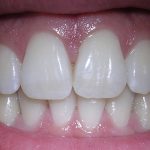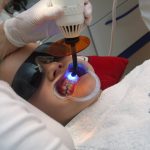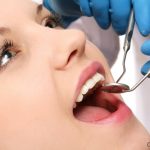Post Wisdom Teeth Removal: When is it Safe to Drink Soda Again?
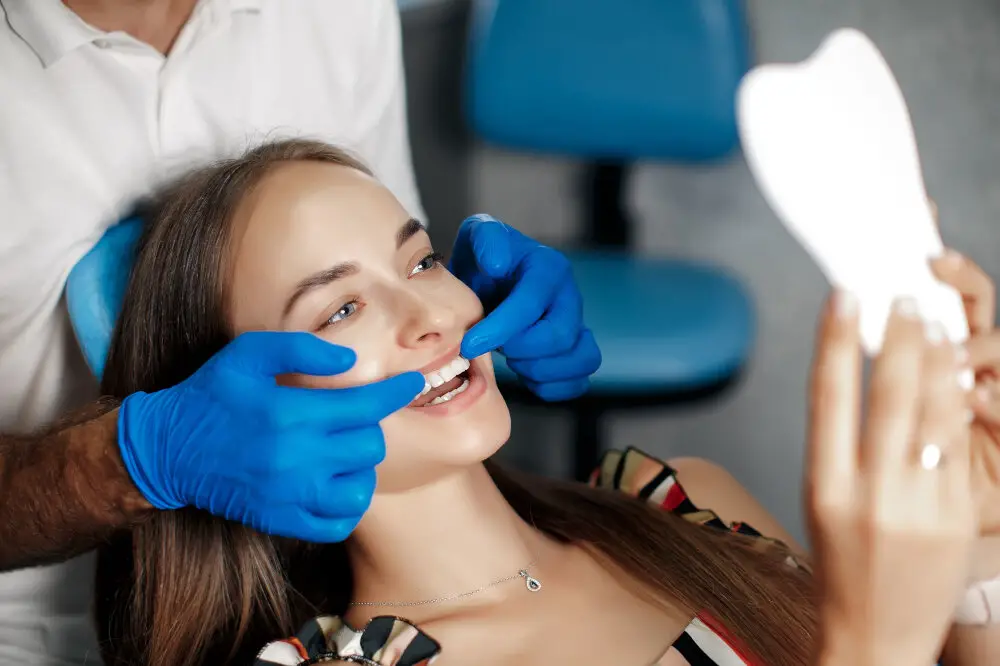
Wisdom teeth removal is a common dental procedure that many people undergo in their late teens or early twenties. It involves the surgical extraction of one or more wisdom teeth, which are the last set of molars to emerge at the back of the mouth. The recovery process after wisdom teeth removal can be uncomfortable, and patients are advised to follow certain precautions to ensure proper healing. One such precaution is avoiding certain foods and drinks, including soda. Soda is a popular beverage that many people enjoy, but it contains high amounts of sugar and acid, which can be harmful to teeth and gums. After wisdom teeth removal, the gums are sensitive and prone to infection, so drinking soda too soon can increase the risk of complications. However, the timeline for when it is safe to drink soda again after wisdom teeth removal can vary depending on various factors, such as the individual’s healing rate and the complexity of the extraction. In this article, we will explore when it is safe to drink soda again after wisdom teeth removal and what precautions to take to ensure proper healing.
Wisdom teeth removal is a common dental procedure that involves extracting the third molars located at the back of the mouth. These teeth typically emerge during the late teenage years or early adulthood and can cause problems such as crowding, infection, and pain. The procedure usually involves sedation or anesthesia to minimize discomfort and ensure the safety of the patient. After the surgery, patients may experience swelling, pain, and bleeding, which can be managed with pain medication and proper aftercare. It is important to follow post-operative instructions carefully to ensure a speedy recovery and avoid complications such as dry socket or infection.
Proper postoperative care is essential for patients who have undergone surgery, including wisdom teeth removal. This care is crucial to ensure complete healing, prevent complications and minimize discomfort. After wisdom teeth removal, patients should follow the instructions provided by their dentist or oral surgeon regarding pain management, diet, and oral hygiene to avoid infection and promote healing. It is also vital for patients to avoid consuming carbonated drinks like soda immediately after surgery as they can dislodge the blood clot that protects the extraction site, causing a painful condition known as dry socket. Therefore, it is essential to take postoperative care seriously to ensure a quick and comfortable recovery after wisdom teeth removal.
The Healing Process
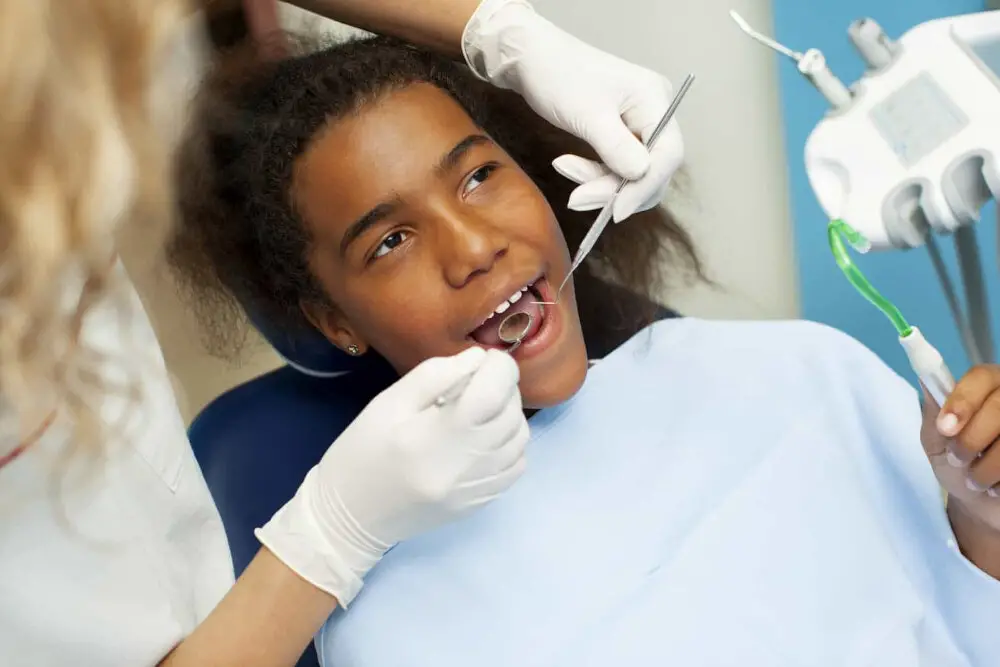
The healing process after wisdom teeth removal is crucial for the success of the surgery. It typically takes around 7-10 days for the initial healing to occur, but the complete healing process can take up to several weeks. During this time, it’s essential to take proper care of the surgical site to avoid any complications such as infection, dry socket, or bleeding. The healing process involves the formation of a blood clot, which protects the extraction site and allows new tissue to grow. It’s essential to avoid any activities that can dislodge the blood clot, such as drinking through a straw, smoking, or rinsing your mouth vigorously. Drinking soda can also be harmful during the healing process because the carbonation can cause the blood clot to break. It’s important to follow the post-operative instructions provided by your dentist or oral surgeon carefully. This includes taking any prescribed medications, such as antibiotics or painkillers, and avoiding certain foods and drinks. Soft, cool foods, such as smoothies, yogurt, and ice cream, can be consumed to help soothe the surgical site. It’s also important to maintain good oral hygiene by gently brushing your teeth and tongue, and avoiding the extraction site. As the healing process progresses, you can gradually reintroduce solid foods into your diet and resume your normal activities. However, it’s important to be patient and allow your body time to heal properly to avoid any complications.
After the extraction of wisdom teeth, the body initiates a natural healing process, whereby the blood clots in the extraction site to prevent bleeding. The next stage involves the formation of granulation tissue that covers the socket, allowing new tissue to grow. During this period, it’s critical to maintain good oral hygiene by following the dentist’s instructions to prevent the development of infections. The healing process may take a few days or weeks, depending on the extent of the extraction. Patients may experience mild swelling and pain, which can be managed with painkillers and ice packs. The consumption of soda or any carbonated beverage may delay the healing process by dissolving the blood clot or causing dry sockets. It’s recommended to avoid drinking soda for at least 24 to 48 hours after the procedure, and only resume after the dentist’s approval.
The timeframe for healing after wisdom teeth removal varies depending on the individual’s age, health, and the complexity of the procedure. In general, it can take up to two weeks for the gums to fully heal and for any swelling or discomfort to subside. During this time, it is important to follow the dentist’s instructions carefully, including avoiding hard or crunchy foods and not using straws. As for drinking soda, it is recommended to wait at least 24-48 hours after the procedure before consuming carbonated beverages. However, it is best to consult with the dentist to determine when it is safe to resume drinking soda or any other type of beverage. It is important to be patient and allow sufficient time for the healing process to take place to ensure optimal recovery.
There are several factors that can impact the healing time after wisdom teeth removal surgery, including the patient’s age, overall health, and the complexity of the extraction. Other factors that can affect healing time include smoking, poor oral hygiene, and consuming certain foods and beverages, such as soda. Drinking soda after wisdom teeth removal can slow down the healing process due to the high sugar content and acidity, which can irritate the surgical site and increase the risk of infection. It is important to follow your dentist’s or oral surgeon’s instructions for post-operative care, including avoiding certain foods and beverages, to ensure a speedy and successful recovery.
Foods and Beverages to Avoid

After undergoing wisdom teeth removal, it is crucial to maintain a soft food diet to aid in the healing process. This means avoiding foods and beverages that are hard, chewy, or sticky. These types of foods can cause damage to the surgical area, prolonging the healing process and increasing the risk of infection. Foods to avoid include nuts, popcorn, chips, and tough meats. Additionally, it is recommended to avoid spicy or acidic foods as they can irritate the surgical area and cause discomfort. In addition to solid foods, it is also important to avoid certain beverages after wisdom teeth removal. Carbonated and caffeinated beverages such as soda and coffee should be avoided as they can delay the healing process by causing dry socket or infection. Alcohol should also be avoided as it can thin the blood, increasing the risk of bleeding and delaying healing. Instead, patients should opt for water, milk, and natural fruit juices, which can help to keep the body hydrated and aid in the healing process. By following these dietary recommendations, patients can ensure a smooth and speedy recovery after wisdom teeth removal.
After wisdom teeth removal, it is important to avoid certain foods and beverages to minimize the risk of complications and promote healing. Some of the foods to avoid include crunchy or hard foods, such as chips or popcorn, as well as hot and spicy foods that can irritate the sensitive areas. Carbonated and acidic beverages like soda or citrus juices should also be avoided as they can cause discomfort and delay the healing process. Additionally, alcohol and smoking should be avoided as they can increase the risk of infection and dry socket. It is recommended to stick to soft and easy-to-chew foods like soup, mashed potatoes, and yogurt for a few days after the surgery. By following these guidelines, patients can ensure a smooth and speedy recovery after wisdom teeth removal.
Soda is a carbonated beverage that is widely consumed around the world. However, it is essential to avoid soda after wisdom teeth removal as it can cause various complications. The high sugar content in soda promotes bacterial growth, leading to infections and delayed healing. The acidic nature of soda can also erode the tooth enamel and irritate the gums, causing pain and discomfort. Moreover, the carbonation in soda can create pressure in the mouth, leading to the dislodgment of blood clots and dry sockets. Therefore, it is best to avoid soda for a few weeks after wisdom teeth removal and opt for nourishing and hydrating beverages such as water, fruit juice, and tea.
Drinking soda too soon after surgery can increase the potential risks of complications. Carbonated beverages, like soda, contain high levels of sugar, caffeine, and acids that can irritate the surgical site and delay the healing process. The carbonation can also create gas in the stomach, causing discomfort and bloating. Moreover, the straw used to drink soda can create suction that may dislodge the blood clot and cause dry sockets, which can be extremely painful. To avoid the risks, it is recommended to avoid drinking soda for at least a week after surgery and stick to non-carbonated fluids like water, tea, or juice.
When is it Safe to Drink Soda Again?
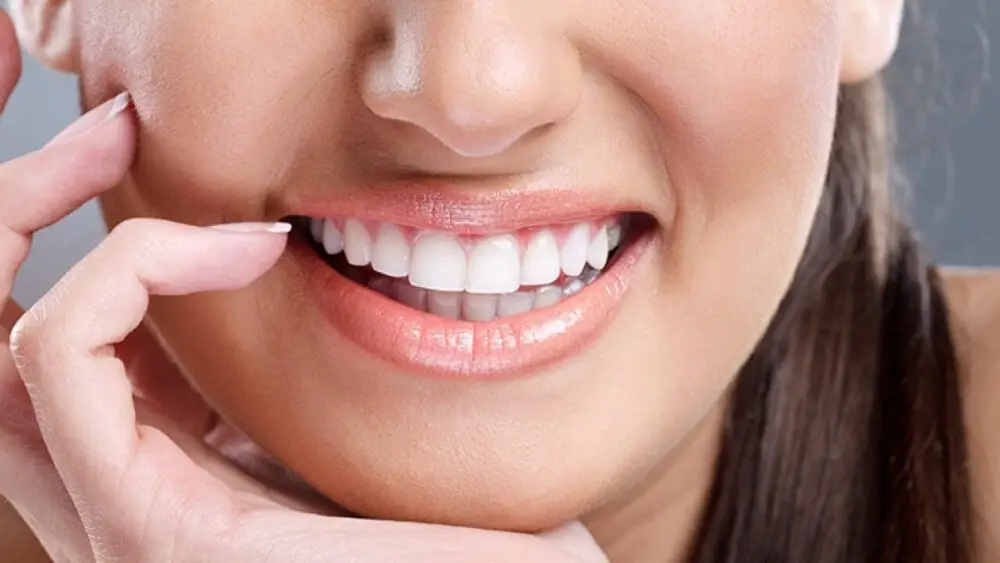
After the wisdom teeth removal surgery, the dentist or oral surgeon will advise the patient to avoid drinking soda for a certain period of time. The reason behind this advice is that the carbonation in the soda can cause harm to the healing gums and sockets. When the patient drinks soda, carbon dioxide gas is released, which can dislodge the blood clot in the socket and cause a painful condition called dry socket. The sugar content in the soda can also increase the risk of infection by feeding harmful bacteria in the mouth. Therefore, it is crucial to follow the dentist’s instructions and wait until it is safe to drink soda again. The duration of time that the patient should avoid drinking soda after wisdom teeth removal depends on the individual’s healing process. In general, it is recommended to wait for at least 24 hours after the surgery before consuming any carbonated drinks. After that, the patient should gradually introduce soft foods and beverages into their diet, starting with lukewarm water and then progressing to clear broths, fruit juices, and smoothies. Once the patient feels comfortable and the healing process is well underway, they can gradually reintroduce soda into their diet. However, it is important to limit the intake of soda and choose sugar-free options to maintain good oral health.
After wisdom teeth removal, it is important to give your mouth enough time to heal before consuming carbonated beverages like soda. The factors that determine when it is safe to drink soda again include the extent of the surgery, the type of anesthesia used, and the individual’s healing process. Generally, it is recommended to wait at least 24-48 hours before consuming any carbonated drinks, as the carbonation can cause discomfort and delay the healing process. Additionally, it is important to avoid using straws when drinking soda or any other beverage, as the suction can dislodge the blood clot and cause dry socket, a painful condition that delays healing. It is best to follow your dentist’s specific instructions and to listen to your body’s signals to determine when it is safe to consume soda and other carbonated beverages after wisdom teeth removal.
After undergoing wisdom teeth removal, it is important to give your mouth ample time to heal before reintroducing soda into your diet. The general guidelines suggest waiting at least a week before consuming any carbonated beverages, as the carbonation can irritate the sensitive tissues and disrupt the healing process. It is also recommended to start with small sips and gradually increase the amount of soda you consume over time. Additionally, it is important to brush and floss regularly to prevent any lingering debris from causing further irritation. Always consult with your dentist or oral surgeon for specific recommendations tailored to your individual needs.
Consulting with your dentist or oral surgeon before consuming soda is crucial for maintaining optimal oral health. Soda is a highly acidic beverage that can erode enamel, leading to tooth sensitivity, decay, and other dental issues. After wisdom teeth removal, drinking soda can be particularly risky, as the carbonation can cause discomfort and increase the risk of dry socket. Therefore, it is essential to seek professional advice before consuming soda, especially after oral surgery or if you have existing dental problems. By working with your dentist or oral surgeon, you can determine the best course of action to protect your teeth and gums and prevent any complications.
Alternatives to Soda

If you’ve had your wisdom teeth removed, you may want to avoid drinking soda for a while. Carbonated beverages are not only acidic, but they can also create pressure in your mouth that could cause discomfort or even dislodge the blood clot that is forming in the socket where your tooth was removed. Fortunately, there are plenty of alternatives to soda that are just as refreshing and much better for your oral health. One option is to drink water infused with fresh fruits or herbs, such as lemon, cucumber, or mint. This will give you a burst of flavor without the added sugar and acidity of soda. You can also try unsweetened iced tea or sparkling water for a bubbly sensation without the carbonation. If you’re craving something sweet, opt for a smoothie made with fresh or frozen fruit, yogurt, and a splash of milk or juice. This will provide you with valuable nutrients and hydration, while satisfying your sweet tooth. Another great alternative to soda is coconut water. This natural beverage is packed with electrolytes and potassium, making it a great choice for rehydration after oral surgery. Coconut water is low in calories and sugar, and it has a mild, nutty flavor that is easy on your stomach. You can also try drinking milk or almond milk for a creamy, calcium-rich option that will strengthen your teeth and bones. And don’t forget about good old-fashioned water! Drinking plenty of water throughout the day will keep you hydrated and help flush out any bacteria or debris from your mouth after surgery. So, the next time you’re tempted to reach for a soda, try one of these refreshing alternatives instead and give your mouth the break it deserves.
After wisdom teeth removal, it is essential to avoid consuming carbonated beverages such as soda as they can cause discomfort, pain, and even dry socket. However, there are several alternative beverages that one can drink to stay hydrated and avoid dehydration. These include smoothies, milkshakes, protein shakes, coconut water, fruit juices, and vegetable juices. These drinks are rich in nutrients and help to minimize swelling and inflammation. Additionally, warm tea and coffee can also be consumed as long as they are not too hot and not mixed with dairy products. It is important to avoid using straws when drinking as they can dislodge the blood clot and cause bleeding.
When it comes to post wisdom teeth removal, it is important to choose your beverages carefully. While soda may be tempting, it is not the best option for a speedy recovery. Beverages like water, herbal tea, and coconut water are much safer choices. Soda contains high amounts of sugar and carbonation, which can irritate the surgical site and slow down the healing process. In contrast, water and herbal tea provide hydration without any added sugars or carbonation. Coconut water, on the other hand, is a natural electrolyte-rich drink that can help with rehydration and recovery. So, if you want to make sure your recovery is as smooth as possible, it’s best to stick with these safer beverage options.
Staying hydrated during the healing process after wisdom teeth removal is crucial for a speedy recovery. Proper hydration ensures that the body has enough fluid to replace the lost blood and tissue fluids during the surgery. Drinking plenty of water also helps to flush out any toxins or bacteria that may have accumulated in the mouth, reducing the risk of infection. Additionally, staying hydrated can help to alleviate common symptoms associated with wisdom teeth removal, such as dry mouth and sore throat. It is important to avoid sugary drinks like soda, which can irritate the surgical site and delay healing. Instead, opt for water and other healthy fluids to ensure a comfortable and speedy recovery.
Proper postoperative care is essential for a successful recovery after any surgical procedure, including wisdom teeth removal. Neglecting the necessary aftercare could lead to complications such as bleeding, infection, and prolonged pain. In the case of wisdom teeth removal, it is crucial to follow the dentist’s instructions to promote healing and avoid damaging the surgical site. Patients should avoid drinking soda for at least 24 hours after surgery, as the carbonation and sugar content can irritate the extraction site and delay the healing process. The importance of postoperative care cannot be overstated, as it can determine the outcome of the procedure and the overall health of the patient.
In conclusion, the answer to when it is safe to drink soda after wisdom teeth removal is not a straightforward one. It depends on a variety of factors, including the individual’s healing progress, the type of soda, and the amount consumed. Generally, it is recommended to wait at least 24-48 hours before consuming any carbonated beverages, and even then, it is best to start with small sips and gradually increase consumption over time. It is important to listen to your body and avoid any discomfort or pain. Additionally, it is crucial to follow your dentist’s post-operative instructions to ensure a smooth and successful recovery. Remember, the key is to prioritize your oral health and be patient during the healing process.
After wisdom teeth removal, it is crucial to take care of your oral health to avoid any complications. While it may be tempting to reach for your favorite soda, it’s important to consult with a dental professional before doing so. Every individual’s healing process is unique, and a dental professional can provide personalized advice on when it’s safe to reintroduce soda into your diet. They can also offer guidance on what type of soda to choose and how to consume it safely. Seeking professional advice can help prevent any further damage to your teeth and ensure a smooth recovery. So, don’t hesitate to schedule an appointment with your dental professional to get the information you need to make the best decisions for your oral health.
Conclusion
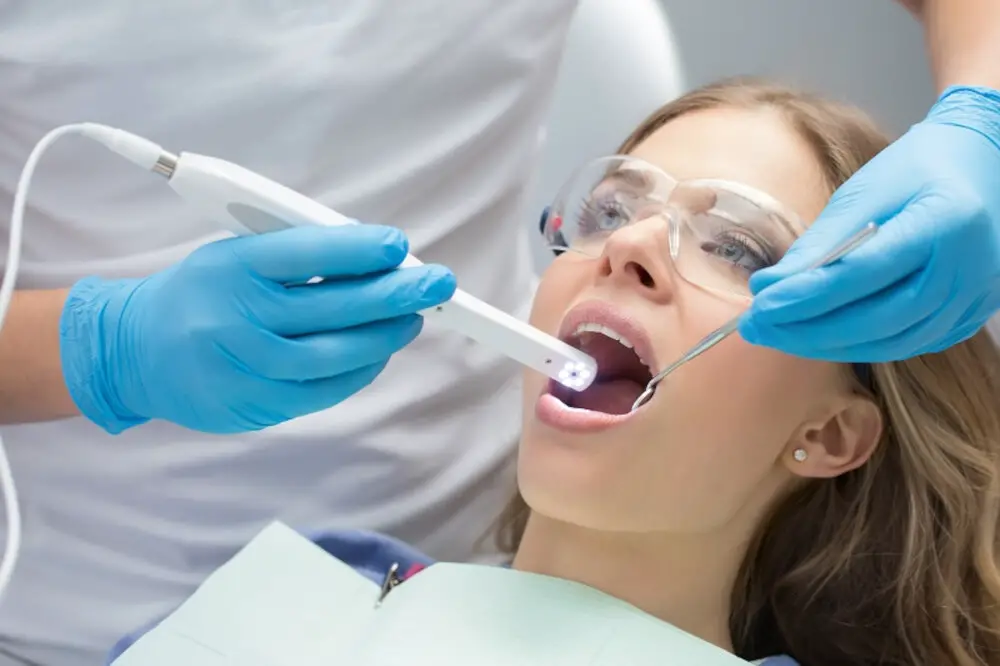
In conclusion, the decision to consume soda after wisdom teeth removal should be made with caution and after consulting with your dentist or oral surgeon. It is recommended to wait at least 24-48 hours before consuming any carbonated beverages to allow for proper healing and to avoid any potential complications. Additionally, it is important to avoid using straws as they can disrupt the healing process and lead to dry sockets. Overall, prioritizing your oral health and following post-operative instructions are crucial for a successful recovery after wisdom teeth removal.

